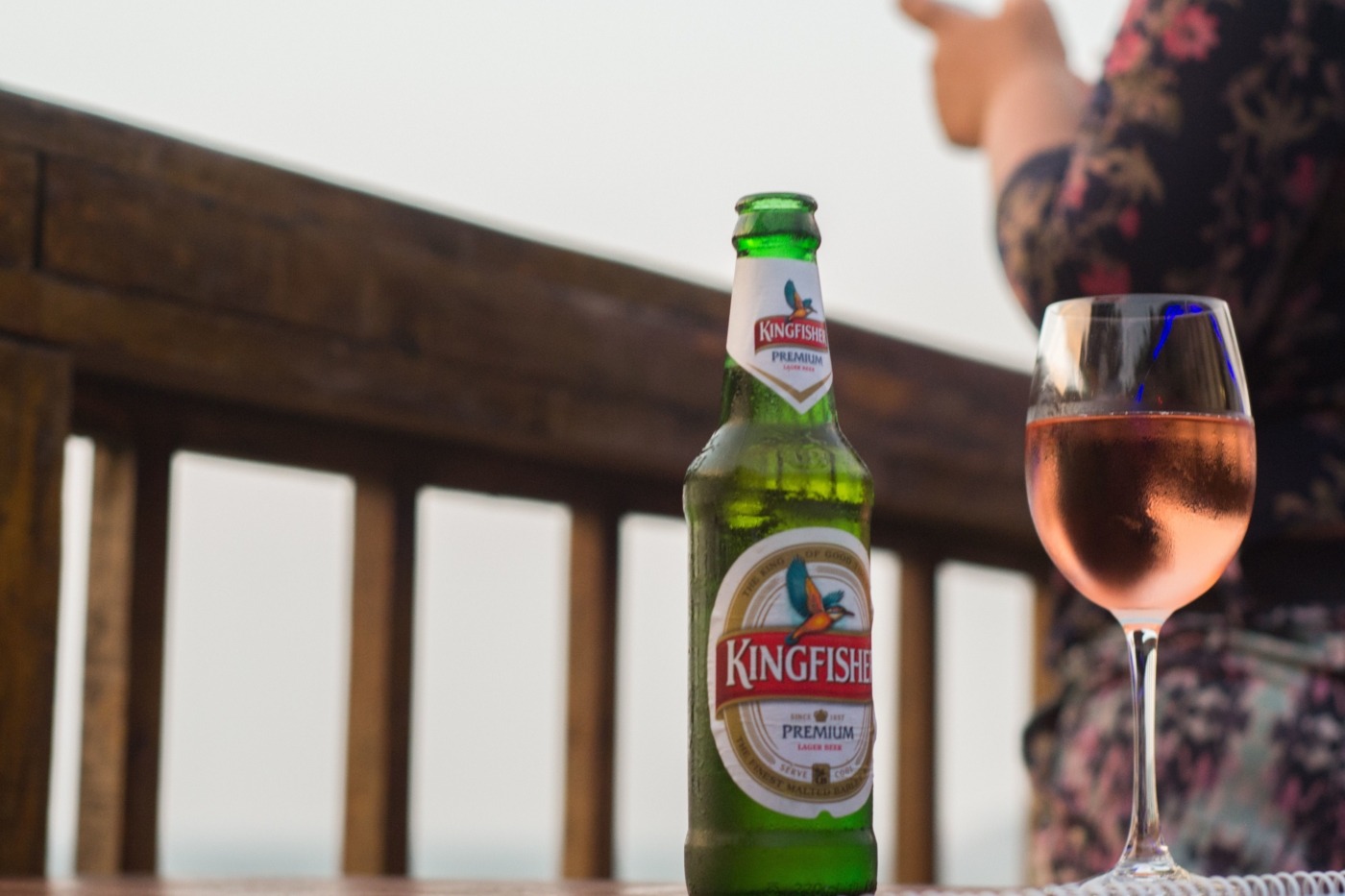Does underage drinking lead to addiction?
Did your parents let you have a drink at home when you were younger? Parents letting their children drink the odd bottle of beer or glass of wine at home in front of the TV isn’t uncommon, with a large percentage of parents believing that this may prevent excessive drinking later in life. However, addiction experts believe that this either has no effect or is detrimental with regards to subsequent drinking habits.
Addiction is very prevalent in today’s society and has a huge impact on the economy; the combined cost of alcohol addiction in the UK alone was £21 billion in 2015, and as such the Health and Safety Executive (HSE) has recently introduced a guide to drugs and alcohol for parents. The leader of HSE, Dr Eamon Keenan, stated that the idea of allowing children to drink at home “isn’t particularly helpful, because with it what you’re saying to your child is ‘it’s okay to drink under the age of 18.’”
Instead, the HSE is encouraging parents to strike up a conversation with their children about the risks associated with drinking alcohol, in the hope that this may dissuade children from drinking heavily. Some of the risks suggested by Dr Keenan include antisocial behaviour, minor injuries and poor school performance, all of which can have a significant effect, and in the long run, possibly causing mental health issues alongside addiction. To add to this, with the explosion of social media within the last decade Dr Keenan warned that “the repercussions of drunken behaviour may last much longer.”
The combined cost of alcohol addiction in the UK alone was £21 billion in 2015, and as such the Health and Safety Executive (HSE) has recently introduced a guide to drugs and alcohol for parents
Any form of addiction, be it nicotine, alcohol or cocaine, involves the hijacking of the brain’s dopamine reward pathway; responsible for euphoric sensations. This pathway is an innate biological method of promoting survival by naturally reinforcing basic signals and actions, such as eating food, drinking water and nurturing children.
Most addictive drugs act to induce dopamine release, and continued use increases the body’s tolerance. As a result, the euphoric effect becomes less and less, while simultaneously building up physical and psychological dependence. There is no scientific evidence that parents allowing their children to drink at an earlier age has any significant effect on reducing their alcohol consumption later in life, and only introduces them to an addictive drug.
Despite this, regular consumption of alcohol is the key factor that can lead to addiction, so perhaps one of the most important steps to reducing alcoholism in young people is restricting how frequently they drink. The same message applies to students, limiting the number of times we drink a week makes it easier to prevent an alcohol addiction.
There is no scientific evidence that parents allowing their children to drink at an earlier age has any significant effect on reducing their alcohol consumption later in life, and only introduces them to an addictive drug
As a child, my parents were perfectly happy to let me have a small glass of wine or beer every now and then, and now I often hear stories about students who weren’t allowed to drink who then overdo it on a night out. So, does earlier exposure reduce the chances of binge drinking? This is yet to be seen, but is a possibility.
From my personal viewpoint exposure to alcohol at a younger age isn’t a bad thing, provided it is only occasional drinking and the right lessons are taught at the same time, considering that frequency of drinking is critical in the onset of addiction. Therefore, it may be wise to cut drinking alcohol altogether, but there are claims that alcohol does have certain health benefits, so don’t boycott the pub any time soon.

Comments
Comments are closed here.